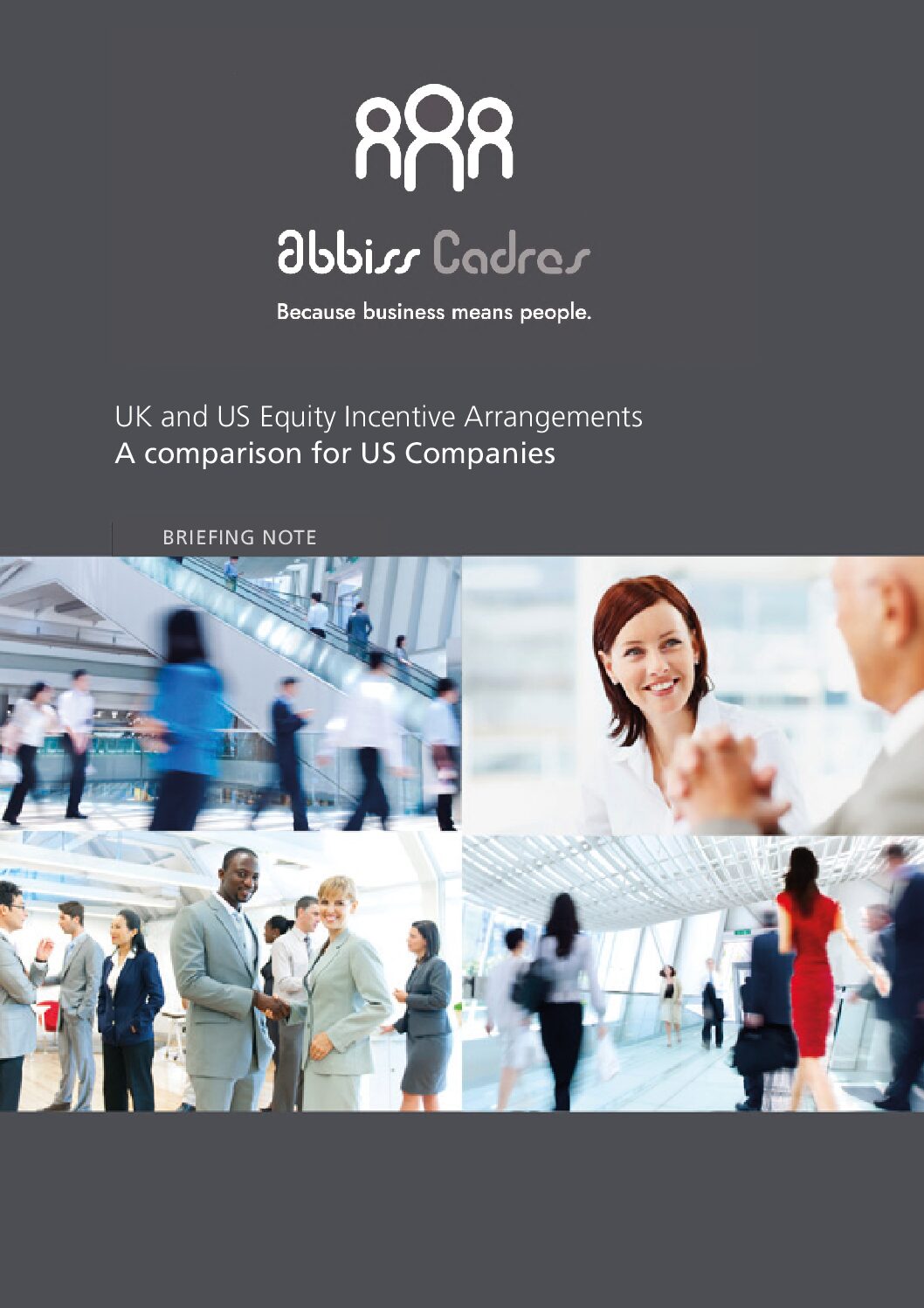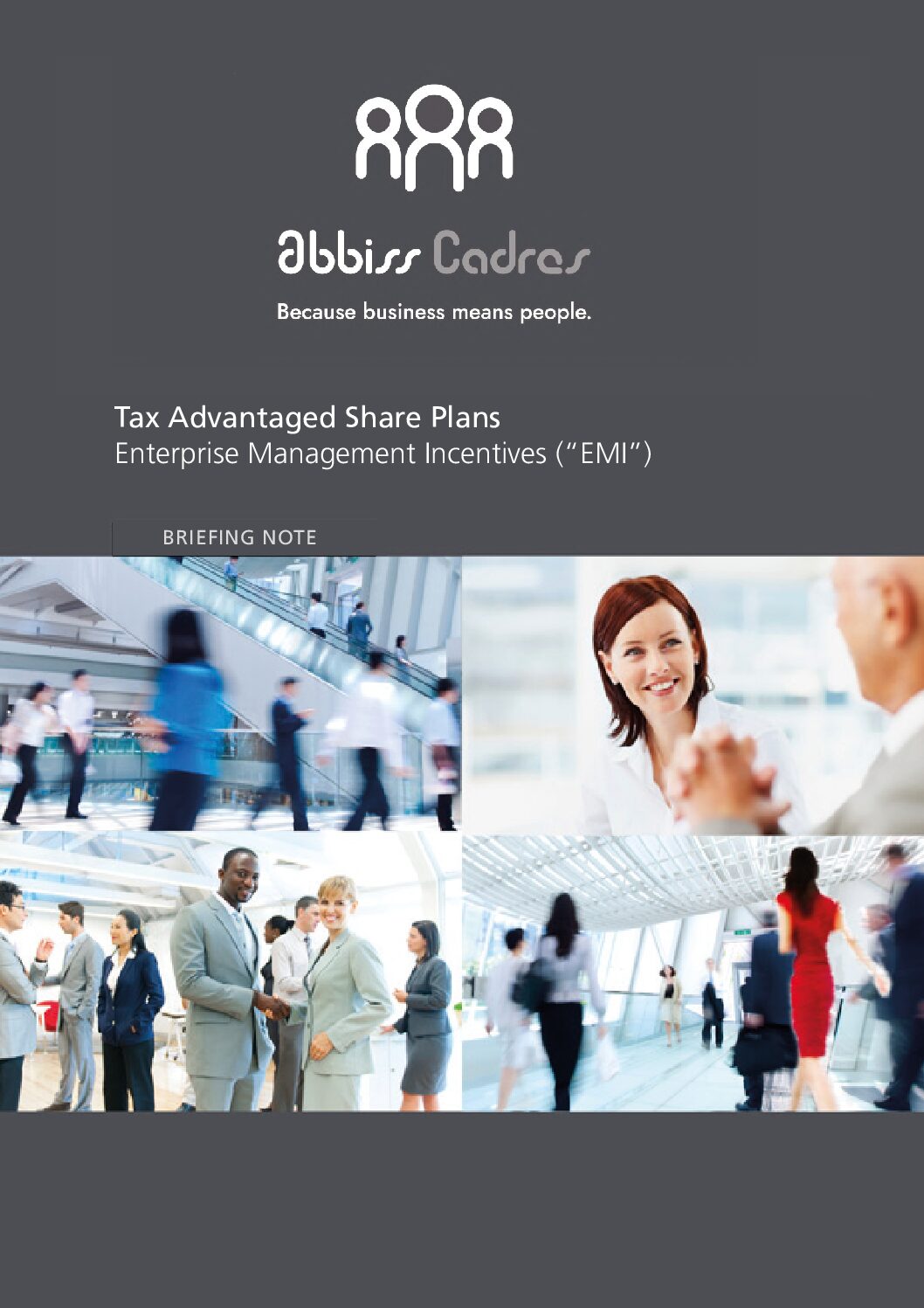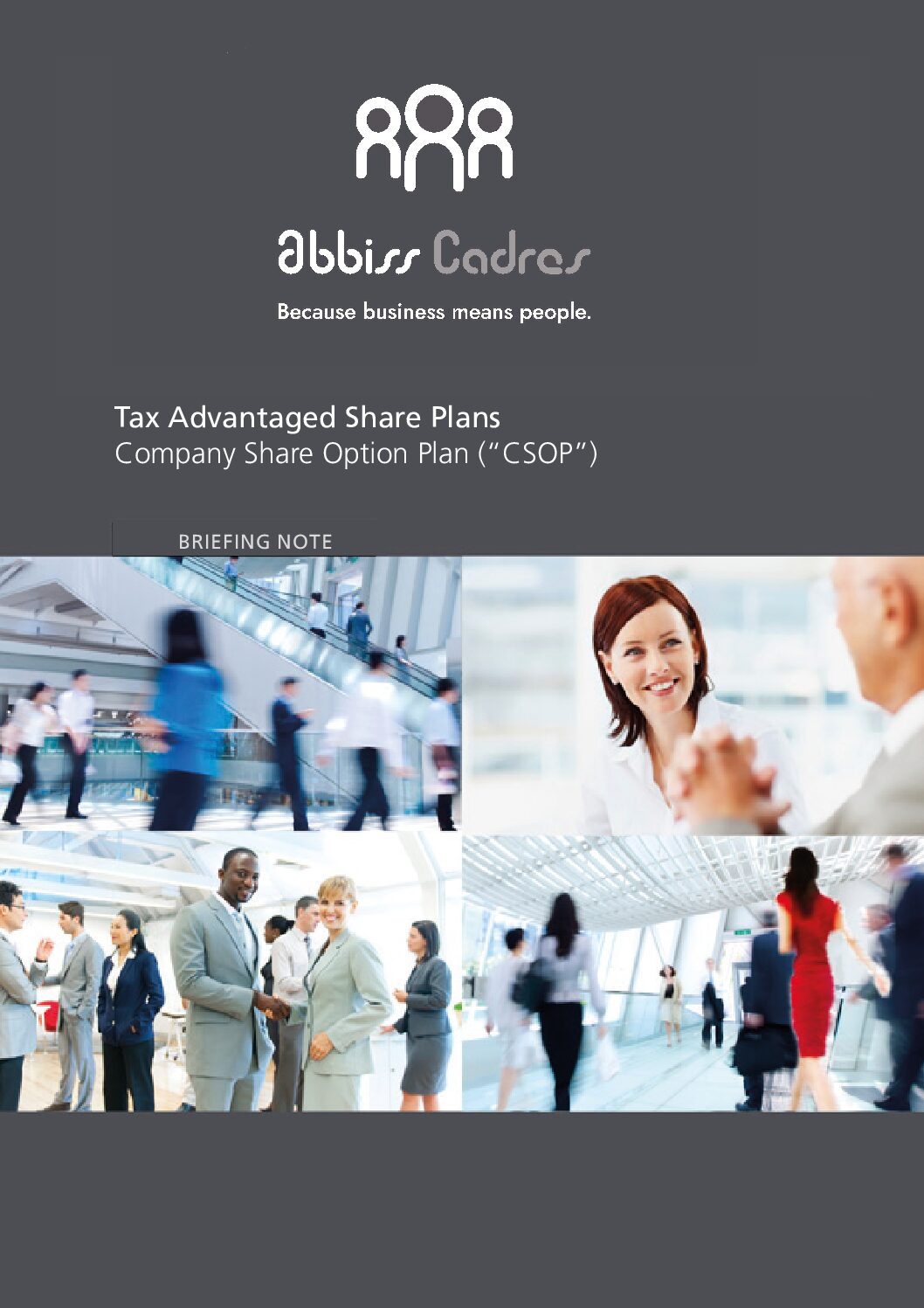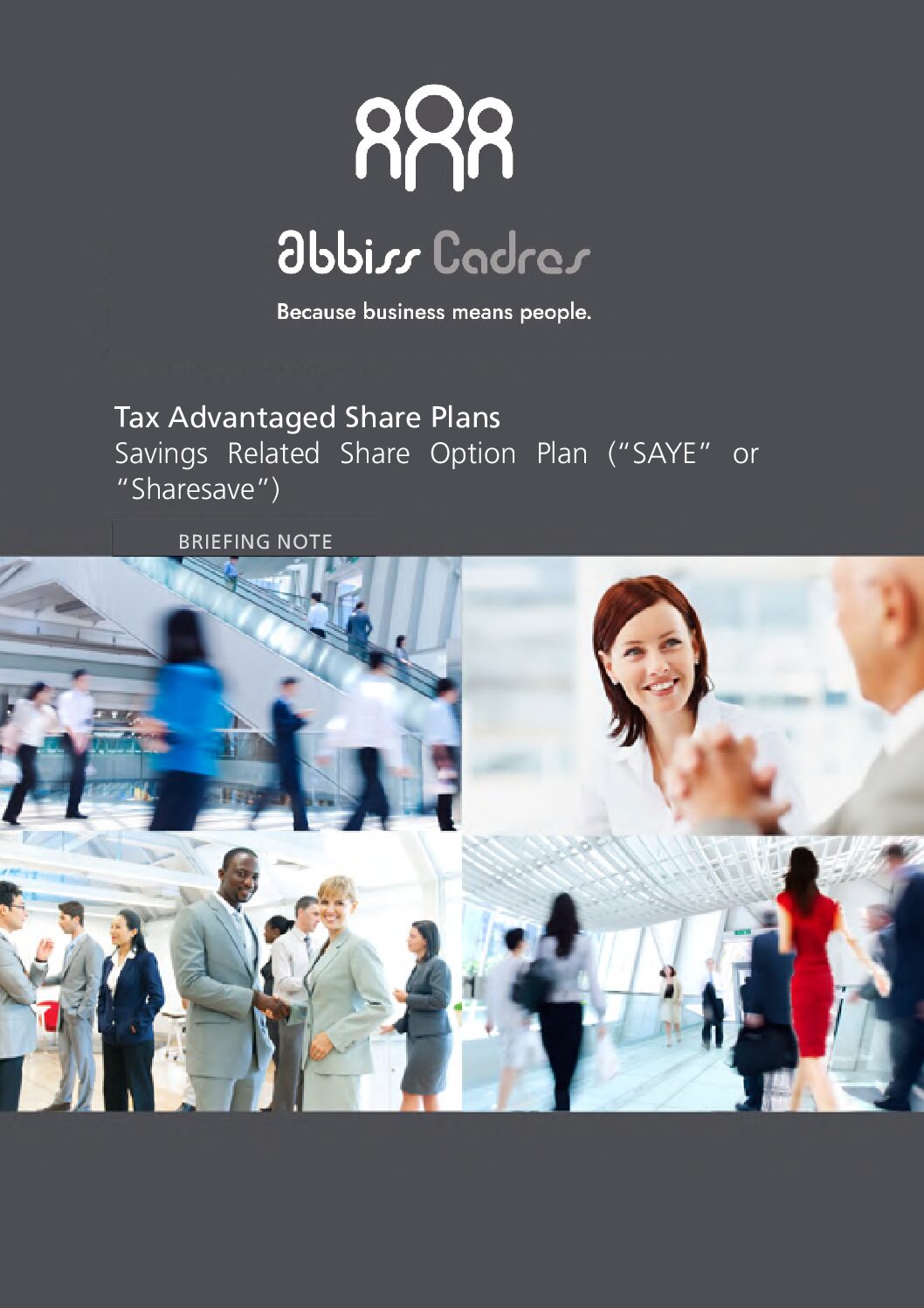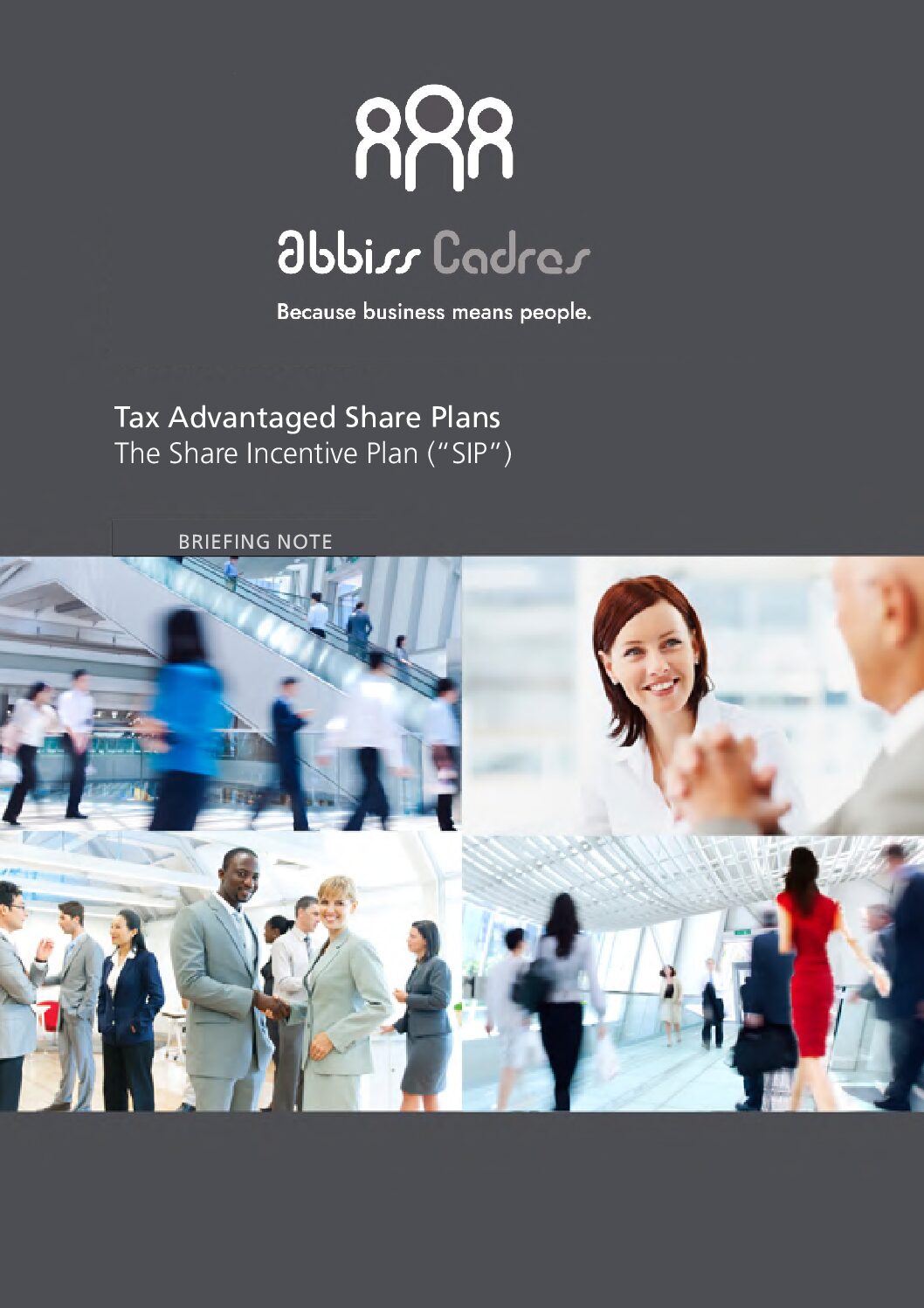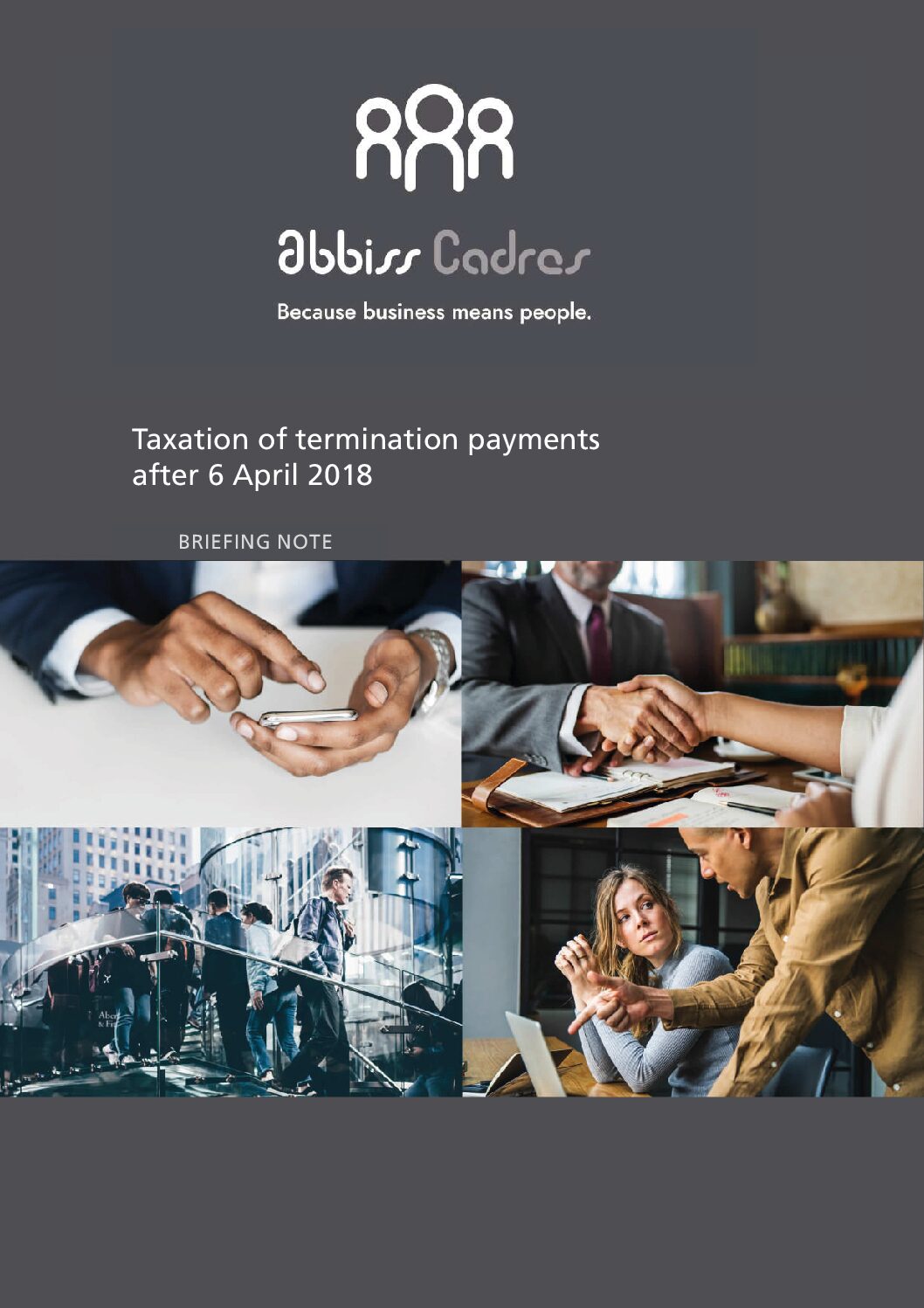
Briefing Notes
Welcome to the Knowledge Hub
- Search for UK, International and Abbiss Cadres news
- Search for our published insights and think-pieces
- Download our Briefing Notes on a range of topics
- Download brochures on the range of services we offer
6 briefing notes
